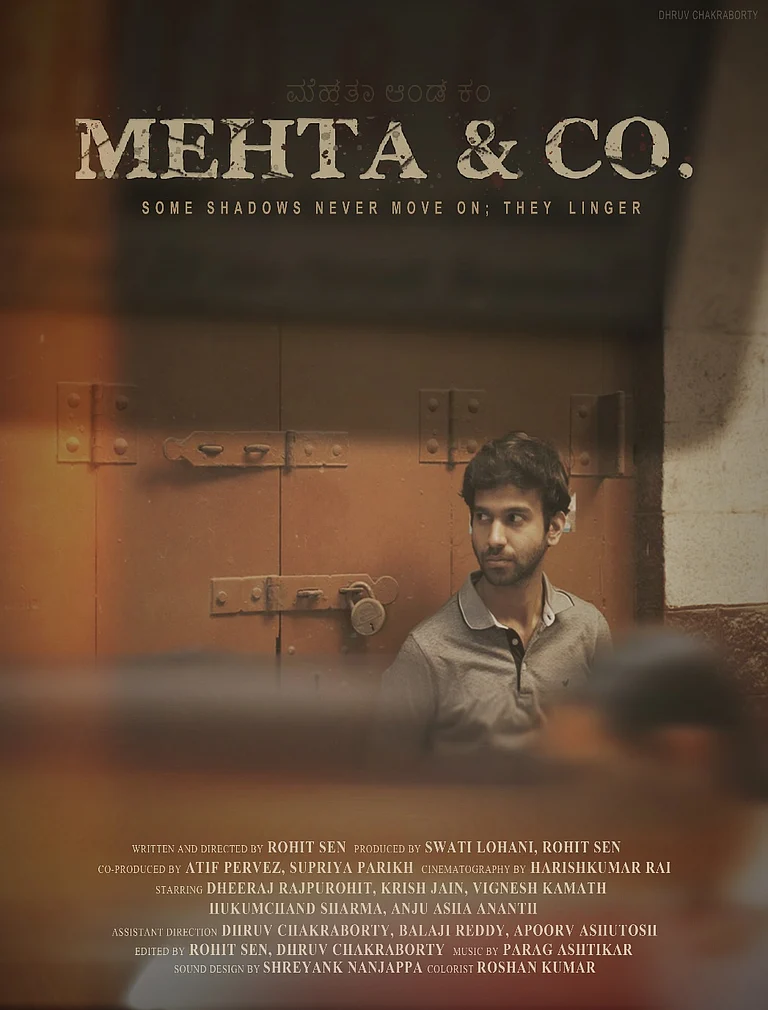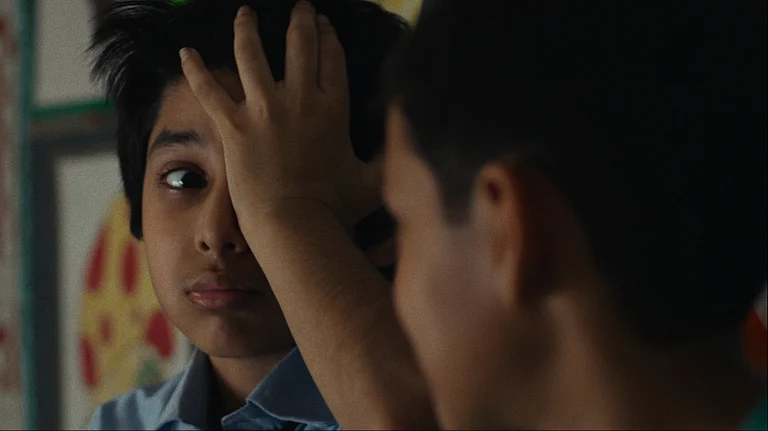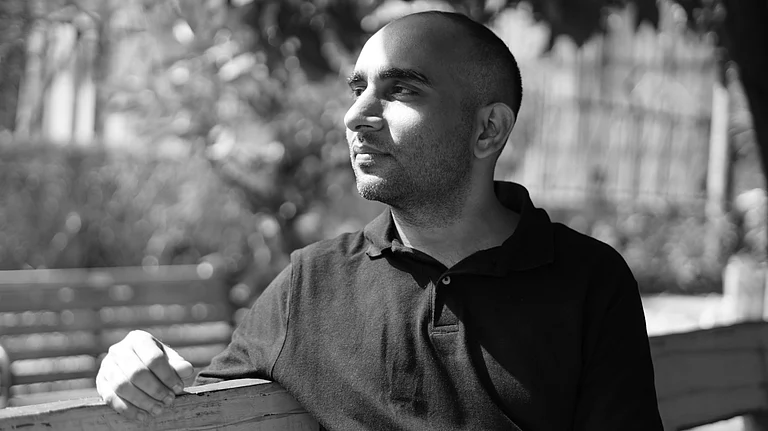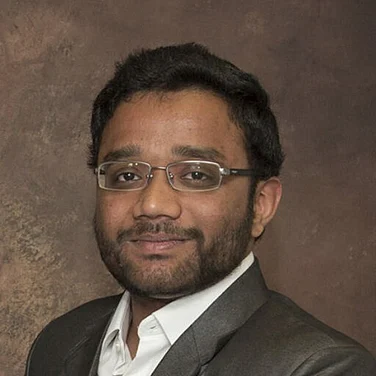Yang Zimik stands as one of the most dynamic and innovative voices in India’s contemporary storytelling landscape, seamlessly blending his talents as a writer and filmmaker to create works celebrated both nationally and internationally. Interviewing Yang reveals not just his artistic vision but also a tireless commitment to mastering new mediums and formats—his career is a mosaic of awards, festival selections, and popular digital series that have shaped the evolving Indian narrative across both traditional and emerging platforms.
Yang’s latest film The Apple Picker’s Son gained critical acclaim at some of the world’s most respected film festivals, including Dances With Film, LA Shorts International Film Festival and AFI FEST in Hollywood—all three festivals are Oscar-qualifying events that provide filmmakers rare exposure to global industry gatekeepers. Additional nominations at the Miami Short Film Festival and its inclusion in India’s Jaipur International Film Festival and JAGRAN Film Festival cemented the film’s status as a resonant, humanistic work that bridges cultural boundaries. These accolades reaffirm Yang’s position as a storyteller whose art holds both emotional depth and social relevance, capable of speaking to audiences from Imphal to Los Angeles.
This season, Yang’s impact is especially prominent with his recent achievements in digital media. He played a lead role as 1st Assistant Director on the TV mini-series Love Above the Clouds, streaming on Net Shorts, a cutting-edge mobile platform designed for vertical, short dramas. The series’ mass appeal—amassing over 26.5 million views and ranking among the top in the US App Store’s Entertainment category—is a testament not only to Yang’s logistical acumen but also to his ability to adapt to the rapidly changing landscape of storytelling for digital audiences. His work as 2nd Assistant Director on Undercover Prison King and Script Supervisor on Flash Marriage to a Tycoon further highlights his versatility and precision in managing the fast-paced world of episodic digital content. Each project, with its distinct genre and aesthetic, showcases his rare capacity to balance creative collaboration with technical discipline—skills essential to sustaining large-scale productions that reach millions worldwide.
Yang’s earlier works, such as Silence in the Library, combine industry skills with his commitment to social justice and human rights. The film found a strong reception across festival circuits, earning selections at the Madurai International Documentary and Short Film Festival and Festival di Cefal in Italy. Its success at the Bollywood International Film Festival and the International Short Film Festival of India reflected how deeply audiences connected with its themes of oppression, resilience, and moral courage. Through these works, Yang established himself as a filmmaker who sees art not merely as entertainment, but as a catalyst for empathy and dialogue.
No discussion of Yang’s career would be complete without mentioning Film City, his 2017 project that swept through both domestic and international festivals. The short, which examined the dreams and disillusionments of aspiring filmmakers, won the Pink City International Short Film Festival and was selected for Filmingo International, Banjara International, Chennai International, and NEZ International Film Festivals. Its success symbolized Yang’s ability to connect audiences across vastly different worlds—urban India’s creative hubs and avant-garde global film communities. His evolution from independent, socially conscious beginnings to international acclaim reflects a career rooted in authenticity yet open to innovation.
In conversation, Yang Zimik emerges not only as a celebrated artist but also as an innovator constantly seeking to expand the boundaries of Indian cinema and literature. Whether orchestrating production schedules for multi-episode digital dramas or crafting sensitive, award-winning shorts, his trajectory inspires a generation of emerging filmmakers who see in him both a mentor and a trailblazer. As his catalog grows and his influence deepens, Yang’s story becomes a bridge between tradition and technology, between India’s grassroots realities and its global creative aspirations.
Q: Yang, congratulations on the phenomenal reception of The Apple Picker’s Son and the momentum your new digital series has generated. How do you view these achievements in context with your career so far?
Thank you! These moments mean a great deal, not just as milestones but as reflections of a journey built on constant adaptation. The Apple Picker’s Son was a deeply personal film—it came from a place of emotional honesty, drawing parallels between the Kashmiri struggle and the civil unrest in Manipur during the time of filming. To see it recognized at festivals like LA Shorts and AFI FEST, both Oscar-qualifying, was incredibly humbling. It reaffirms that stories rooted in authenticity can transcend borders. At the same time, working on fast-turnaround digital series like Love Above the Clouds or Undercover Prison King taught me the value of structure, teamwork, and precision in a medium that thrives on immediacy. I view both spaces—cinema and short-form digital—as equally vital aspects of storytelling today.
Q: Your work spans everything from socially conscious films like Silence in the Library to romantic dramas for mobile-first audiences. How do you balance artistic purpose with audience appeal?
That’s a challenge every storyteller faces. With Silence in the Library, I was speaking about human rights through an allegorical lens, and it resonated with audiences at festivals in India and Europe. But with mobile dramas, the storytelling form itself changes. Short-form, vertical content requires emotional delivery within seconds. Both formats demand mastery over rhythm and empathy. The balance lies in knowing what emotional truth each format seeks—one might demand reflection, the other instant connection—but the intent remains the same: to move people.
Q: Your journey from working on films like Hindi Medium to pioneering VR storytelling at the WWI Jio Lab is quite remarkable. What drives this consistent exploration of new mediums?
Curiosity and the refusal to stagnate. When I started at Reliance Jio’s VR Lab, it was uncharted territory in India. Designing India’s first curriculum for “Writing and Directing for Virtual Reality” was an exciting challenge because VR forces one to unlearn traditional grammar and think spatially. Similarly, my recent work as Lead Narrative Designer for Kurukshetra: Ascension at Studio Sirah—India’s first mythological card game—was about blending ancient storytelling with interactive design. Ultimately, every medium, whether cinema, VR, or gaming, offers a different way to experience human emotion. That’s the thread that ties all my work together.
Q: Looking at your wide-ranging body of work, from Film City to The Heiress and Her Five Uncles, what gives you the greatest creative satisfaction today?
Honestly, the human element. Every project—whether an independent short, a digital mini-series, or a festival film—reminds me of the collaborative spirit that makes filmmaking magical. Film City winning at the Pink City International Festival or Heiress reaching millions on Net Shorts isn’t about numbers, but about connection. It’s incredible to see how audiences from vastly different cultural backgrounds still respond to universal emotions. As a filmmaker, my greatest joy lies in pursuing that shared humanity, wherever the story takes form.
Q: Finally, what’s next for you?
I’m currently developing a new feature that evolves out of the themes explored in The Apple Picker’s Son—identity, migration, and the triumph of love over fear. It’s early days, but the ambition is to make something deeply rooted in India yet imagined for the world stage. And of course, I’ll keep working across digital platforms because that’s where today’s innovation is brightest. For me, the journey is about keeping the storytelling spirit alive, no matter the medium.


























